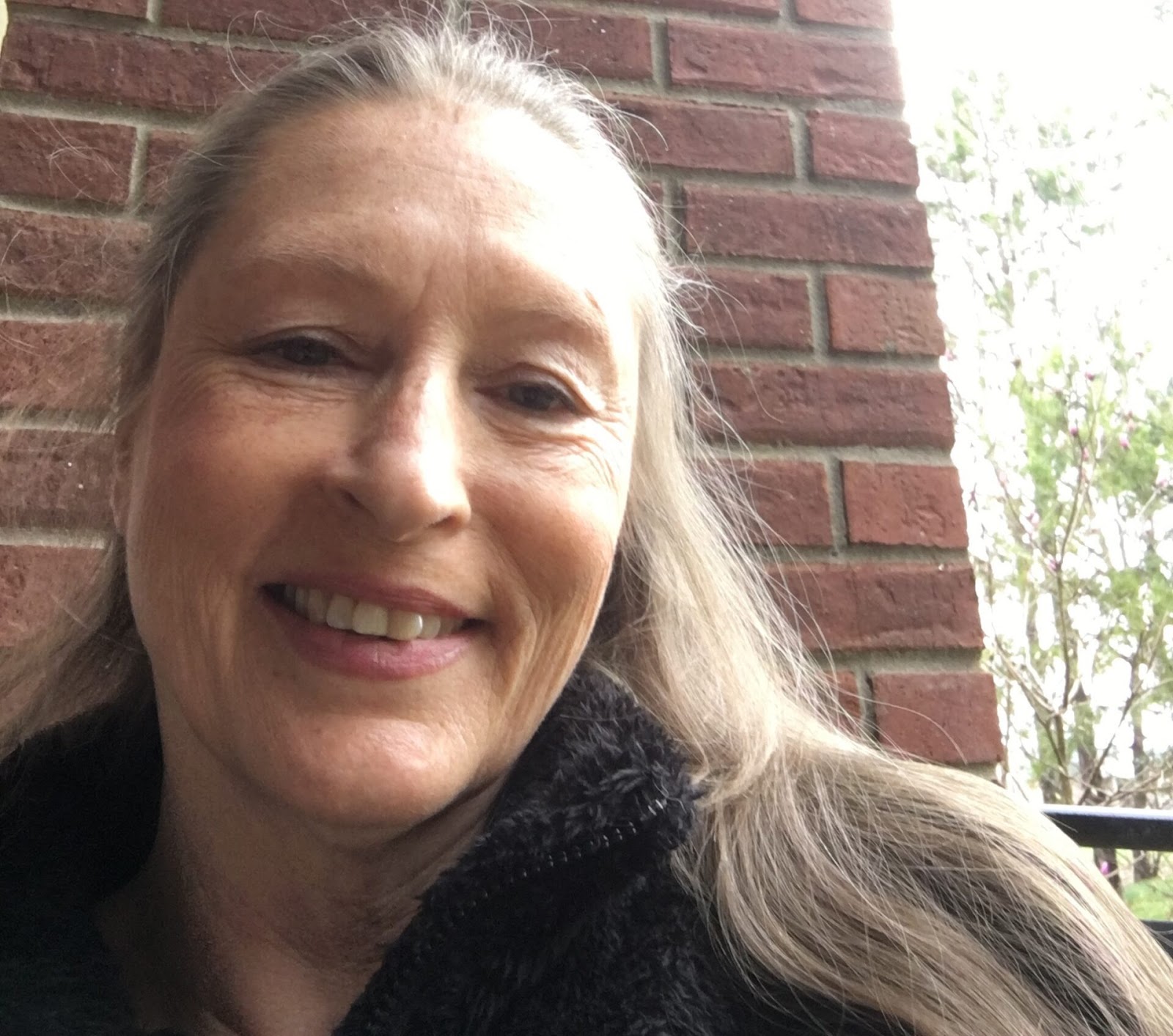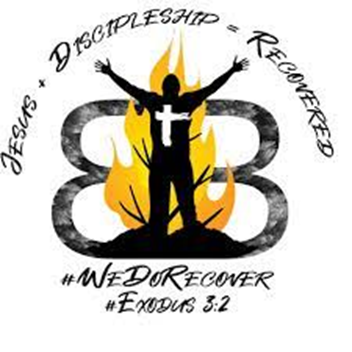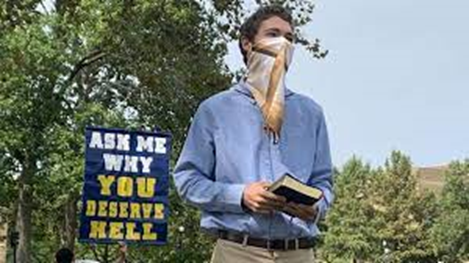Dorothy Frame, an employee at a hospital at Tennessee’s Fort Campbell, requested a religious accommodation over two years ago to be exempt from a requirement to pay dues to Laborers International Union of North America. Frame believes that paying union dues goes against her religion and that she should not be forced to participate in the organization in order to maintain employment. LIUNA officials have come out in vocal support of abortion rights, and Frame being a Catholic, disagrees with the organization. According to her lawyers, “Ms. Frame believes that abortion is a grave sin. She believes joining or financially supporting the Unions would make her complicit in that sin because she believes that the Unions support and promote abortion. Thus, she believes that any money the Unions collect from her makes her complicit in sin and violates her religious beliefs.”
Ms. Frame delivered her letter requesting accommodation in 2019 which included section from her priest that affirmed her religious convictions. The union responded in a letter a month later, which attacked her beliefs and demanded that she “prove that her beliefs meet the standard for a legitimate justification.” One union lawyer went so far as to ridicule Frame and her priest’s beliefs, sending them “remedial church readings.” Over the nest two years, Frame and her attorneys continued to seek an exemption, but her employer, J & J Worldwide Service, continued to take union dues out of her paycheck. Frame then filed a lawsuit in 2022 aiming to have the courts declare that “she has the right to a religious accommodation that alleviates her obligation to join or support the Unions.”
Tennessee is a “right to work” state, which means that the state has enacted laws that make it illegal to force any individual to choose between employment and participation in a union. This law would make J & J’s actions illegal, however, Frame is employed on a federal military installation, and the union’s lawyers argue that the fort is a “federal enclave,” and thus not subject to the state’s laws. Frame’s lawyers argue that even if you accept the federal enclave argument as true, there are still federal laws that protect Frame’s right not to pay dues. The federal law forbids union officials from discriminating against any employees on the basis of religion. Accommodations have been granted in the past based on this law, which usually involve the person paying their dues to an agreed-upon charity instead of the union.
The key constitutional issue in this case is whether or not federal law protects Ms. Frame from having to pay union dues based on her religious views on abortion. I would argue that it does. Burwell v. Hobby Lobby Stores offers the best precedent for how the courts should rule. In this case the Green family, which owns and operates the chain of “Hobby Lobby” stores, challenged a section of the Patient Protection and Affordable Care Act which required employers to provide their employees with some forms on FDA approved contraceptives. The Supreme Court ruled in a 5-4 decision that the Religious Freedom Restoration Act of 1993 did allow the Green family, and any other private employer, to deny their employees certain medical services if it went against their religious beliefs to do so. The Court argued that this law did constitute a substantial burden on the free exercise of religion, and that there was a less restrictive means to accomplish the government’s objective.
I believe that the Hobby Lobby case and Ms. Frame’s case, while dissimilar in that one involves an employer and the other an employee, both deal with the same fundamental issue. Ms. Frame is being forced to choose between employment and violating a core religious belief, which represents a substantial burden on her free exercise of religion. I also believe that there is no compelling state interest in forcing Frame to pay union dues, and even if there was, there is bound to be a less restrictive means to accomplish the government’s objective. While this case does involve private entities: the union, employer, and Ms. Frame, it would still be unconstitutional for the government to rule in favor of the union. The government cannot force one of its citizens to pay into and support an organization that, in their eyes, violates one of their core religious beliefs.
https://www.nrtw.org/newsletter-articles/tennessee-religious-discrimination-04162022/













.jpg)



